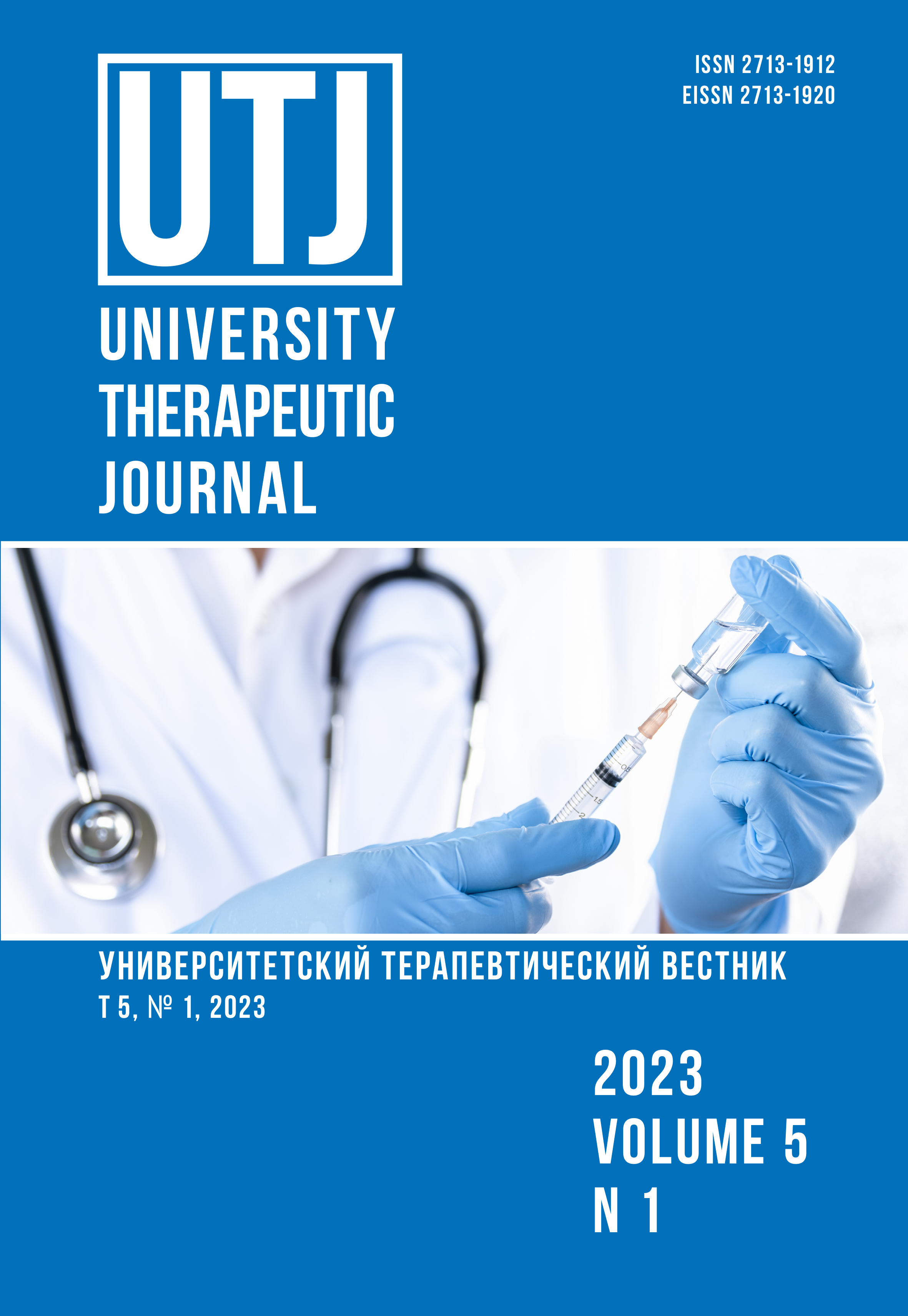SPECIFICATIONS OF ORAL TASTE RECEPTOR FUNCTIONING AT THE ELDERLY IN NORM AND PATHOLOGY
Abstract
At present the functioning of taste buds of adult oral cavity in norm and pathology has not been studied up to the end. The aim of this work was to study the peculiarities of functioning of adult tongue taste buds in hypertensive disease and type 2 diabetes mellitus. In the course of the work the thresholds of taste sensitivity as well as functional mobility of taste buds of the tongue were studied in 37 elderly people without any pronounced psychosomatic pathology as well as in 33 elderly people suffering from hypertension and 34 people suffering from diabetes mellitus type 2. It was established, that in elderly people without expressed psychosomatic pathology the thresholds of taste sensitivity of the tongue are reliably raised, but correspond to the reference values, but the processes of mobilization and demobilization of the tongue taste receptors are disturbed. In hypertension and type 2 diabetes mellitus reliable increase of tongue taste sensitivity thresholds were revealed, which together with the existing disturbances of functional mobilization of tongue taste receptors prevents the formation of the feeling of satiety, contributes to the preservation of the desire to eat food during the day, which affects the difficulties with the regulation of diet therapy in the pathology in question.


